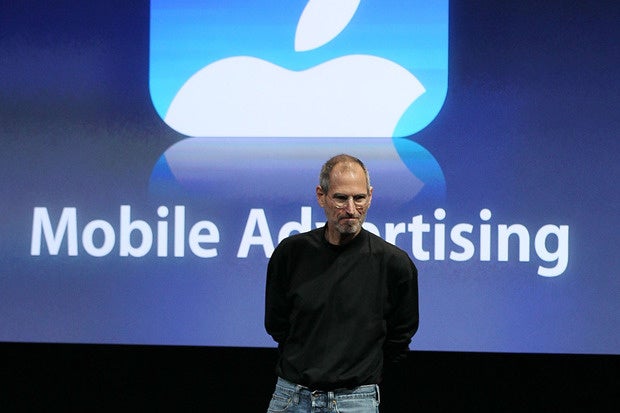Apple is forcing the ads industry to change

Credit to Author: Jonny Evans| Date: Wed, 11 Dec 2019 07:44:00 -0800
Advertising has become too personal.
Modern systems learn too much about your personal life, tastes and aspirations, and while this is manna from heaven for advertisers, it’s an invasion of privacy for the many. And Apple is changing the equation.
Apple has built a technology that reduces the quantity of data advertisers can harvest from your online life. It is called Intelligent Tracking Prevention and The Information tells us that since the tech debuted in 2017:
“Advertisers have largely lost the ability to target people on Safari based on their browsing habits with cookies, the most commonly used technology for tracking.”
There’s bad and good in this, of course.
On the one side, online publishers will feel the pinch as Apple users cease to generate as much ads income, which means advertisers become less willing to pay for ads on those platforms, at least in the current ads economy.
On the other, we all benefit from better privacy and more control over the information agencies about whom we have neither insight or control possess about us.
This is the current situation, but I believe it is subject to change.
This is simply a transition, and while advertisers may be frustrated in the short-term, there’s no reason for their industry to hoover up all this information – it wasn’t able to do so in the days before the web, after all, and some of the most exciting moments in the industry took place then.
And advertisers simply can’t ignore the growing awareness of the need to protect privacy as public consciousness wakes to the dangers of its loss, and the nature of the data industry that exists.
All the same, it is a conundrum:
Advertisers need good insight into who they reach, while consumers want ads that are relevant to their personal needs while not costing them their privacy.
Ultimately this is a technological challenge, and just like any challenge the motivation – and the technologies – already exist to mend it. They just need to be put in place.
Study after study shows that Apple’s users are active users.
Not only do they live online, but they are digital natives willing to purchase everything from houses to books to cars to services in the online world.
Not only this, but Apple users tend to possess more disposable income than others, according to a 2018 study from the National Bureau of Economic Research.
“Across all years in our data, no individual brand is as predictive of being high-income as owning an Apple iPhone in 2016,” the paper said.
And we also know Apple’s mobile devices are witnessing accelerating use across the Fortun 500 firms.
These statistics illustrate three important things that should motivate the ads industry to develop a fresh approach that matches both Apple’s platform and the emerging need for privacy among consumers:
Put this together and what have you got?
Some of the most valuable customers in the world – and that’s why the ads industry will change.
We are transforming into a planet at least in part populated by digital communities.
These communities have varying needs, different dreams and many desires.
Reflecting these desires is what the ads industry is about, turning products into aspirational purchases for those communities most likely to desire them.
But there really is no need for ads agencies to know precisely who wants what, or to have insight into exactly which community any given individual belongs.
Ads agencies can take different approaches, for example, through sponsorship of apps and services that reach people from the communities they want to market too.
Think how one drinks firm became legendary with its simple iPhone app that showed a pint of beer being consumed.
However, it’s machine intelligence – particularly on-device intelligence – which I think will enable ads companies and tech firms to deliver more of what ads companies want without giving them access to personal data.
Apple and Google both already use a system called federated learning.
This is a rapidly advancing technology that’s used in iOS 13’s Siri to help the assistant get better at recognizing what you say while also ensuring recordings of what you say aren’t shared (much).
When used with differential privacy tools, federated learning promises to provide both what consumers want – convenience – with privacy protection.
Why shouldn’t this same technique be used to obfuscate personal information, to protect user identity while also providing both users and ads agencies with a new business model that gives some useful insights to both sides?
It’s just another digital transformation.
The ads agencies have done quite well out of promoting digital change so far – why on earth did they ever think they’d be immune to change themselves?
I think such a system will emerge within next-generation online advertising systems, and given the value of Apple’s user demographic I’d be shocked if ads agencies (and Apple itself) weren’t already working on it.
Because there’s no need for the I in iAds.
Perhaps this will be part of Apple’s discussion at CES 2020?
Please follow me on Twitter, or join me in the AppleHolic’s bar & grill and Apple Discussions groups on MeWe.